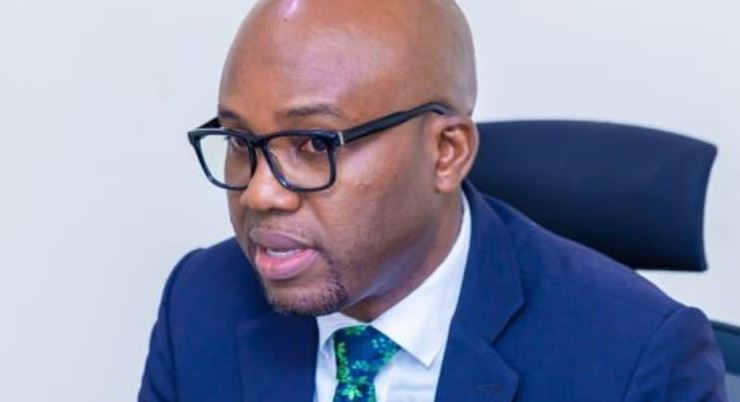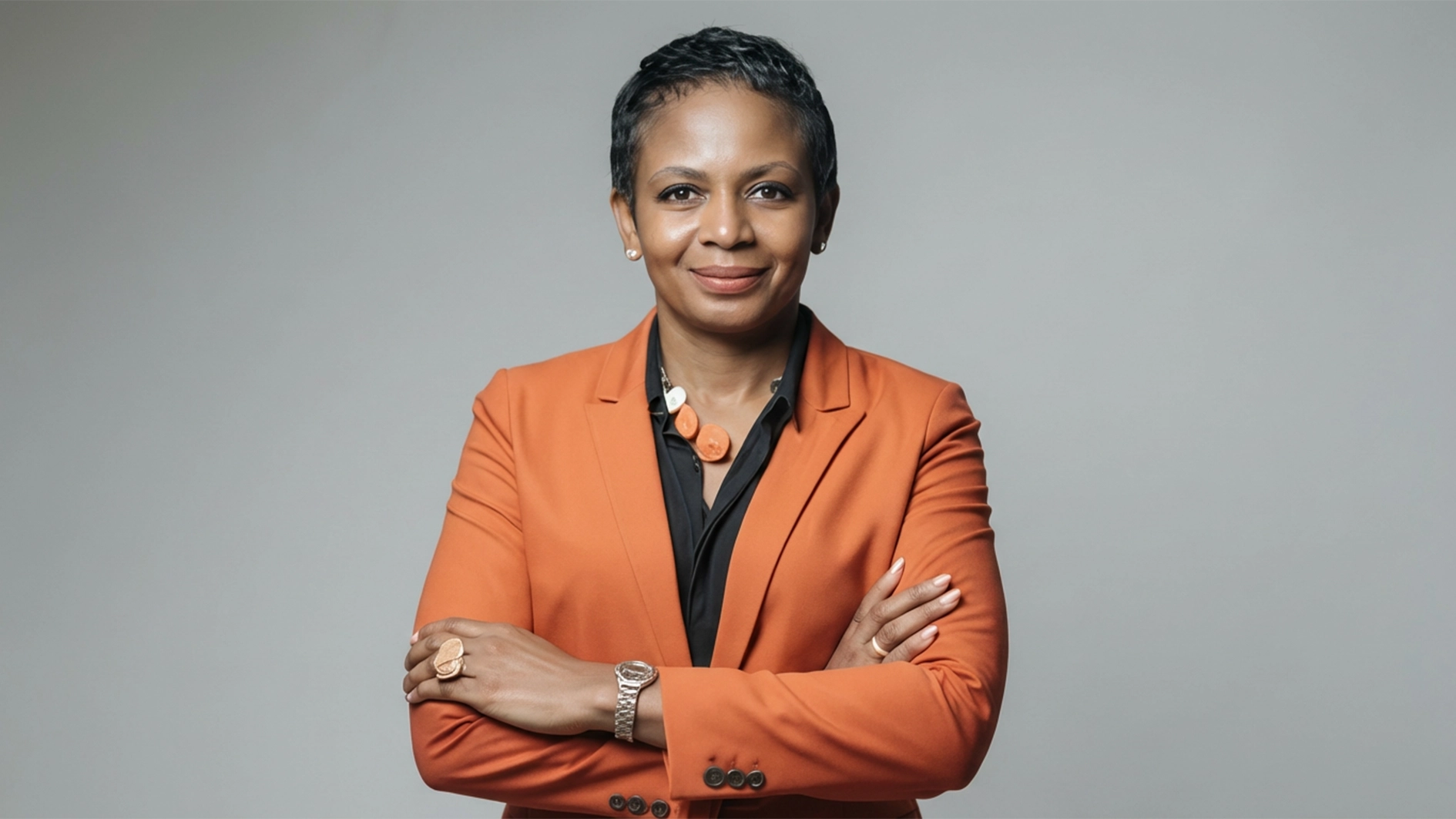[dailymotion code=”x836ht4″ autoplay=”yes”]
But it does not stop there. The reduction in employment shrinks disposable incomes and consumption. A falling consumption further swells inventories, leading to additional cuts in variable costs, including labour – a decision that frequently renders many people unemployed.
When this cyclical process continues uninterrupted as it has become in Nigeria, poverty and social tensions increase. And when a society becomes unsafe, existing businesses also get hit and start rounds of layoff, which further threatens the economic prosperity of the country and complicates the job outlook.
The socio-economic disaster of a downtrend economy justifies the rising stimulus culture, among modern economies.
Unfortunately, Nigeria currently nestles in-between the threatening triad of rising unemployment, mounting poverty and escalating insecurity, which stimulus aims at addressing elsewhere. Nigeria has a cause and effect of an economy that has been depressed by “the bad news principle”, in the words of Ben Bernanke, the former United States Federal Reserve chairman.
Lately, uncertainty made pervasive by insecurity has been cited by business leaders as a major depressing factor in the performance of the economy and blight on investment outlook. So, the option of waiting for a safer time, as it were, is a function of security since the return on investment (RoI) can only be modelled where peace is reasonably guaranteed.
But leads to rising unemployment and deafening poverty. Hence, when business leaders moan over uncertainty, they, ironically, mean that businesses cannot plan with a reasonable level of certainty because they deny those who are willing and able to work the opportunities to earn a living.
It is no surprise that Nigeria’s business uncertainty index, according to economic data of the Federal Reserve Bank of St. Louis, hit 1.07 points in the first quarter of last year. According to the data, that was the highest level reached since 1954 when the rating, which measures the level of confidence in the business environment, was 1.19 points. But the substance or the devil really is insecurity, which is fuelled by the condition of the labour market and policy direction.
Perhaps, up-to-date unemployment figures will be much scarier than anybody can guess. But in reflecting last year’s data, the situation is, indeed, not less of a crisis.
In the six-month period spanning – between June and December last year, the number of persons in the economically active or working-age population increased by 4.3 per cent, from 116.9 million to 122 million. But the growth of the labour market was rather in the reverse; it declined by 13.2 per cent to 69.6 million.
Labour supply, ideally, is an increasing function of the active population. A reserved trend is exceptional, which makes Nigeria’s declining labour supply a curious one. Temporary withdrawal of labour is common in economies where there is a prolonged unemployment rate, and it has serious implications for the growth of human capital and social upheaval.
When people, especially youths do not participate in the labour market, it could signal an increasing tendency towards criminal engagement. Often, people withdraw out of despair; and when this happens, their stock of human capital depreciates as they lose the opportunity to gain more experience and skills. Sadly, labour participation withdrawal is but a minute aspect of the labour market challenges.
The rate of joblessness jumped from 27.1 per cent within the six months to 33.3 per cent, a 5.2 percentage point increase. The latest figure took Nigeria to the top of the global unemployment index, exceeding Bosnia and Herzegovina, which had the worst figure previously, with 0.62 percentage points. The country’s scary unemployment also far outweighs the global average rate of 6.5 per cent, which global economists have described as a major threat to poverty reduction campaigns across the world.
Yet, the deadlier devil is in the social impact of the rising absence of jobs. Whereas the composite unemployment increased by a margin of five percentage points, the figure of the jobless youth subset was up by over 7.7 percentage points, from 34.9 to 42.5 per cent, implying that about four in every 10 young people are not actively involved in the production process.
Nigeria, economists have argued, would need to turn its massive youth population to human capital to experience the sort of demographic dividend that led to the Asian Miracle. Massive youth employment, according to Dr. Biodun Adedipe of B. Adedipe Associates Limited, is a necessary path to replicating the China turnaround, especially in Nigeria.
There is a strong correlation between idleness and insecurity that is readily observed in the rising restiveness and labour figures. States with an above-national average unemployment rate seem to be the hotbeds of the country’s insecurity crisis.
Like labour statistics, Nigeria lags on peace ranking. Report by the Nigeria Security Tracker (NST), a project of the Council on Foreign Relations Africa programme, says 80,542 deaths relating to insecurity challenges were recorded from May 2011 to June 2021 alone.
The 2021 Global Peace Index (GPI) rates the country 146 among 163 independent nations and territories according to its level of peacefulness. It moved one step from 147 in 2020. In Africa, it is ranked eighth among the least peaceful countries after South Sudan, Somalia, the Democratic Republic of the Congo, Libya, Central African Republic, Sudan and Mali. Among the leading economies in the continent, Nigeria has the worst security credentials.
There is a symbiotic relationship between insecurity and unemployment. In other words, they are cause and effect of each other, reflecting the popular saying that – no meaningful development can take place without peace and security. Hence, Dr. Austen Nwaze, a business and entrepreneurship researcher at the Pan-Atlantic University, warns that the unemployment situation will get worse in the coming months as insecurity, which is largely caused by the high level of idleness among the youths, was scaring fresh investments.
“We cannot attract foreign investments. That is bad enough but the worst is that the existing investments are relocating elsewhere while those that cannot easily move are not expanding their plants and operations. We have a situation where young men who should be earning a living after graduation continue to depend on their parents,” Nwaze lamented.
Indeed, the country’s capital importation figure is on the decline. The figure, which had risen consistently to hit $20.8 billion in 2014 has been anaemic in the past few years. Last year, it dropped to $9.7 billion, from $22.9 billion reported in 2019. In the first quarter of the year, it stood at $1.9 billion but dropped by over 50 per cent to $0.9 billion in the second quarter, suggesting that 2021’s figure could be poorer than that of last year.
Bala Zakka, an energy economist, also warns of the dire consequences of insecurity for the country’s investment outlook, stressing that the international oil companies (IoCs), for instance, are not favourably disposed to the market in their final investment decision (FIDs).
A declining investment outlook, ultimately, leads to a shrinking employment market and fuels social tension. In turn, an increasingly insecure environment further decreases new and existing investment, thus worsening the employment outlook. The circle continues thus, leading to a higher poverty rate, which has been worsened by the COVID-19 economic impacts.
Indeed, the high rate was an underlining crisis that pre-dated COVID-19. According to the 2019 Nigerian Living Standard Survey (NLSS) report conducted by the National Bureau of Statistics (NBS), 40 per cent or 80 million Nigerians (measured by monetary index alone) were living below extreme poverty before the pandemic.
A World Bank report says “COVID-19 threatens to deepen both monetary and non-monetary poverty in Nigeria, underlining the importance of having tailored, granular policies to respond to the crisis and build back better”.
President Muhammadu Buhari says the Federal Government would lift 100 million out of poverty in the next 10 years. The President said the vision is realisable with agriculture serving as its driving force. Unfortunately, thousands of Nigerians rural dwellers displaced by insecurity are still in the internally displaced person (IDP) camps in different parts of the country just as the country is yet to find a solution to the nagging farmer/herder conflicts.
With the crisis around power infrastructure yet unresolved, economists have continued to doubt the genuineness of the government’s intention to create jobs to take millions out of poverty. As Dr. Adedipe suggested, it is time to invest massively in infrastructure and build industrial clusters to make local production competitive as a necessary option to take the army of youths out of the streets. By extension, this is also the only viable option for addressing the threesome tragedy of unemployment, poverty and insecurity.






